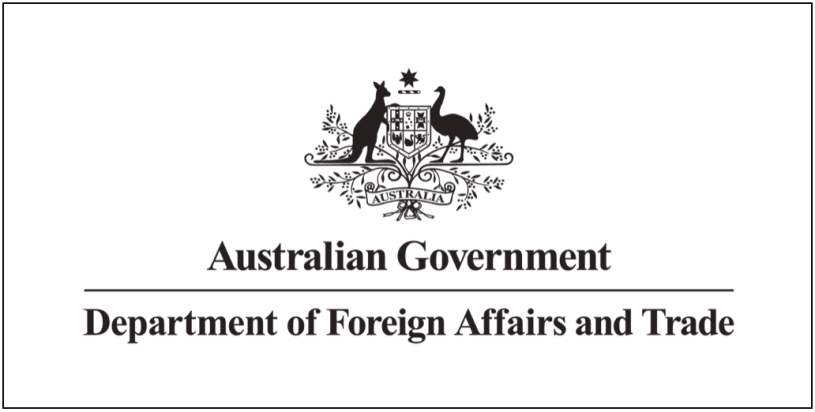…
Longstanding rules are being bent, twisted or broken.
Russia’s full-scale invasion of Ukraine demonstrates what is at stake in standing up to aggressors.
And just last week we saw Russia end the mandate of the Security Council’s Panel of Experts on the DPRK after fourteen years of unanimous support.
The DPRK continues its unlawful activities with impunity, conducting illegal arms transfers to Russia and threatening our region, including our friends in the Republic of Korea and Japan.
The political, humanitarian and security situation in Myanmar continues to worsen, with far-reaching implications for our region and its people, including the Rohingya.
China’s vessels are using water cannons and unsafe manoeuvres against Philippines vessels and crew in the South China Sea.
Our regional partners are clear about what is at risk.
In December, ASEAN Foreign Ministers spoke about developments that threaten regional peace and security in the maritime sphere.
We share their concern over claims and actions that are inconsistent with international law, particularly the UN Convention on the Law of the Sea.
Australia knows we are not alone in having faced destabilising, provocative and coercive actions, including unsafe conduct at sea and in the air.
Add to this the threat of cyber attacks, interference, economic coercion and disinformation.
The existing system of rules and norms is under strain. And as we face evolving threats, the system has not evolved in turn.
The inability to reach agreement in so many fora means that a collective approach to counter grey zone threats remains frustratingly out of reach.
And all together, these factors give rise to the most confronting circumstances in our region in decades – with a higher degree of risk that miscalculation could lead to catastrophic conflict.
The costs of conflict are front of mind for all of us today.
…
We recognise we live in a more contested region, and we have to work harder to be a trusted partner of choice. The opportunity to be the only partner of choice in the Pacific was lost to us over the previous decade.
Being a partner of choice relies on being mature and credible.
Stabilising our relationship with China has not only helped rebuild our credibility with our regional partners, but it has also enabled Australia to speak directly to China’s leadership.
Our efforts so far have seen impediments lifted on over $19 billion of Australian exports, and we continue to press for outstanding impediments on around $1 billion of exports to be resolved.
We are taking forward regular leader-level and ministerial engagement with China.
Some imply that there is something to be gained in limiting contact with China.
The reality is that China is the world’s second largest economy, representing 17% of the world’s GDP. China’s growth story has been a crucial driver of prosperity in Australia, in our region and in the world.
China’s size and weight makes it central to global challenges, from climate change to health. As a great power, China will continue to assert itself in reshaping the region and the world.
Advancing our interests requires engagement, and contrary to what some suggest, engagement does not imply concession.
It is worrying that large-scale Chinese military operations in the Taiwan Strait have become a routine event. The risk of an accident, and potential escalation, is growing.
Australia’s longstanding and bipartisan position is to oppose unilateral changes to the status quo. We call for the peaceful resolution of cross-Strait issues through dialogue without the threat or use of force or coercion.
Some may say this is insufficient in the circumstances that we face. But I would invite reflection on the alternative.
Australia is always working for peace. And for us, our third priority, is upholding and strengthening the rules that work to prevent conflict.
Since I became Foreign Minister, I have consistently called for open lines of communication between the great powers.
We welcome the resumption of leader-level and military-level dialogue between the United States and China as important steps on the path towards stability that the region has called for.
This is also a reminder of the role militaries must play in reassurance, as well as deterrence.
The circumstances we face only reinforce the need for militaries to be in contact.
And that the need for new preventive architecture and conflict prevention measures has only grown, to increase resilience and promote transparency and reassurance.
As military capabilities grow, we know that a level of transparency is expected from our region and our partners – just as we expect transparency of others.
This is how our government has sought to engage our partners at every step of the AUKUS agreement with the United States and the United Kingdom.
Today we announced that AUKUS partners are considering cooperation with Japan on AUKUS Pillar II advanced capability projects.
We are committed to AUKUS meeting the highest nuclear non-proliferation standards.
###
Source: Australian Department of Foreign Affairs and Trade
Speaker: Senator the Hon. Penny Wong, Minister for Foreign Affairs
Format: Speech

